BNR’s monetary policy
The National Bank of Romania has increased the monetary policy interest rate and announced that it might restrict lending, at the recommendation of the National Committee for Macroprudential Oversight.

Mihai Pelin, 09.01.2018, 13:11
The National Bank of Romania (BNR) has recently increased its monetary policy interest rate, used on its main open-market operations, after three years in which it remained unchanged. Its level has been set at 2% per year instead of 1.75% in previous years.
The bank has taken this decision after considering the fact that inflation goes up at a quick pace and that Romania has a high level of economic growth, generated mostly by consumption, according to economic analyst Aurelian Dochia. In his opinion, the effects of this measure will be positive.
Aurelian Dochia: “Against the current economic background, this increase should not generate unfavorable effects right away. On the contrary, these effects should be felt on the financial market progressively, through an increase in interest rates for loans, and later, through an increase in interest rates for deposits, depending on how big the demand for loans will be this year.”
In turn, the Central Bank Governor, Mugur Isarescu, has said that an increase in the key interest rate does not necessarily involve a higher value of ROBOR, the interbank rate based on which interest rates for loans in the domestic currency are calculated.
Mugur Isarescu: “Increasing the key interest rate does not mean that ROBOR, on which interest rates for loans in domestic currency for the population are calculated, will go up as well. However, it is possible for it to have a slightly different effect on the market. In any case, we don’t expect any significant interest rate fluctuations.”
Mugur Isarescu has also said that variations ranging from 0.01 to 0.02 percent, of the interbank interest rates, are insignificant and their influence is minor. Another important decision taken by the Central Bank is keeping unchanged the minimum statutory reserves ratio applicable to banks’ domestic and foreign currency liabilities. Mugur Isarescu has also announced that in spring the Central Bank might restrict lending for the population, in case the National Committee for Macroprudential Oversight (NCMO) recommends it.
Mugur Isarescu: “We have not taken a decision yet, but we discussed this possibility in the monetary policy committee. The National Bank experts have also proposed a number of additional measures. This is the world that we are heading to. We have also discussed these things at the Board meeting and they are part of a more comprehensive package of measures that will probably be taken in spring.”
In late November 2017 Romanians had arrears of around 1.17 billion euros on domestic currency loans and of 1.34 billion euros on foreign-currency loans.






























